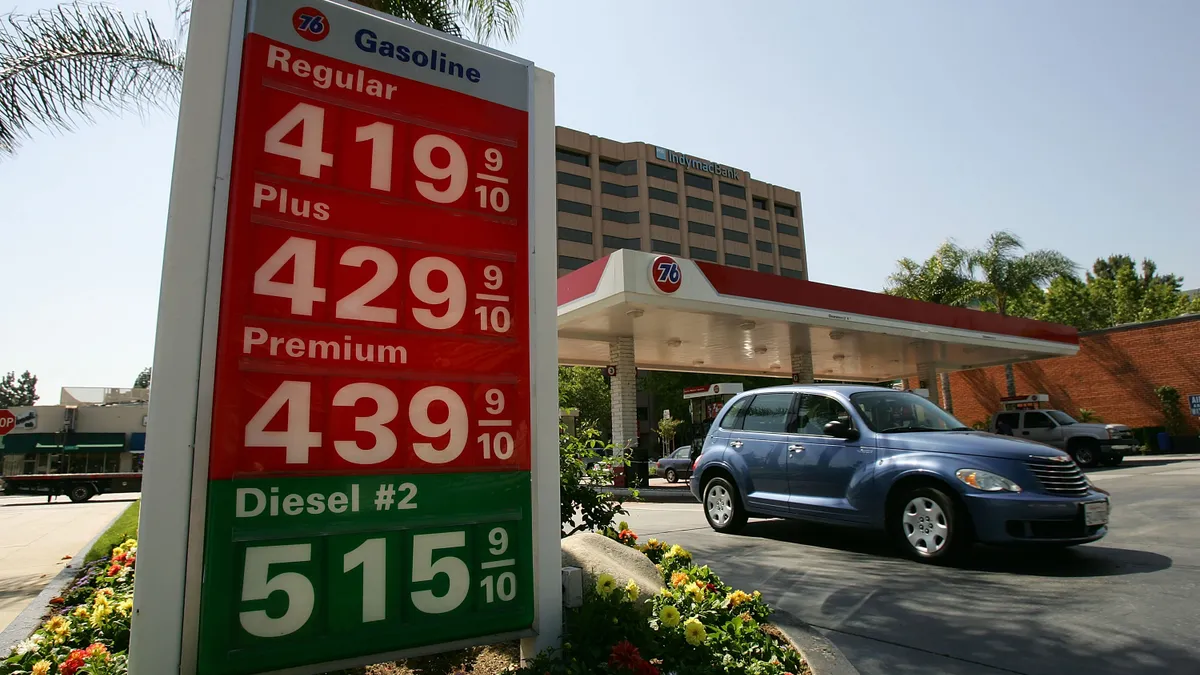Dive Brief:
- Indicating a shift in consumer shopping behaviors, a new Morning Consult survey of 15,000 adults in the U.S. and other countries found that 85% of U.S. respondents said rising inflation had affected their shopping habits.
- Consumers have taken action to save money recently: 79% said they looked for discounts, 77% had cut back on their shopping and 68% had consolidated their driving trips, according to the survey.
- Higher-income shoppers are more insulated from inflation and are less likely to alter shopping behavior. But as retailers prepare for the upcoming holiday season, they must grapple with consumers pulling back on discretionary spending to focus on essentials, the report found.
Dive Insight:
While high-income consumers aren't as affected by inflation, lower- and middle-income consumers will begin shifting their shopping behavior, which could affect the upcoming holiday season, Morning Consult noted in its report. Among the other changes consumers are undertaking are shopping at discount stores (68%), purchasing generic brands (67%), avoiding shipping costs (66%) and postponing minor purchases (65%).
The report also said that while some consumers are concerned about more categories than others, inflation threatens the sales of every product category. Ninety-two percent of U.S. survey respondents said they were somewhat or very worried about inflation of grocery prices, followed by 62% who said the same about apparel and shoes, and 56% about personal electronics.
The decline in consumer sentiment, particularly in the grocery category, comes as more shoppers shift spending back to stores as e-commerce growth normalizes. According to the survey, 83% of consumers prefer to shop for their groceries and household goods in stores, while only 15% prefer to do so online. And when it comes to buying personal electronics, just 37% of respondents said they prefer to buy online, compared to more than half (55%) who said they’d rather do so in stores. Fifty-nine percent of respondents cited enjoyment and 49% cited product comparisons as the top two reasons for shopping in stores, according to the report.
A previous report from Forrester predicted that while e-commerce will continue to grow in the U.S., in-store shopping will comprise 72% of all retail by 2024. As consumer behavior continues to shift, even Amazon has had to rethink its approach to logistics and physical storefronts for non-grocery merchandise.
Still, research suggests that e-commerce will reach new heights this year. FTI Consulting previously predicted that e-commerce would exceed $1 trillion by 2025, but it recently released a report projecting that e-commerce would reach $1.07 trillion this year. Meanwhile, Adobe also predicts that e-commerce sales will surpass $1 trillion in 2022 and will make up 70% of all retail sales by 2027.















